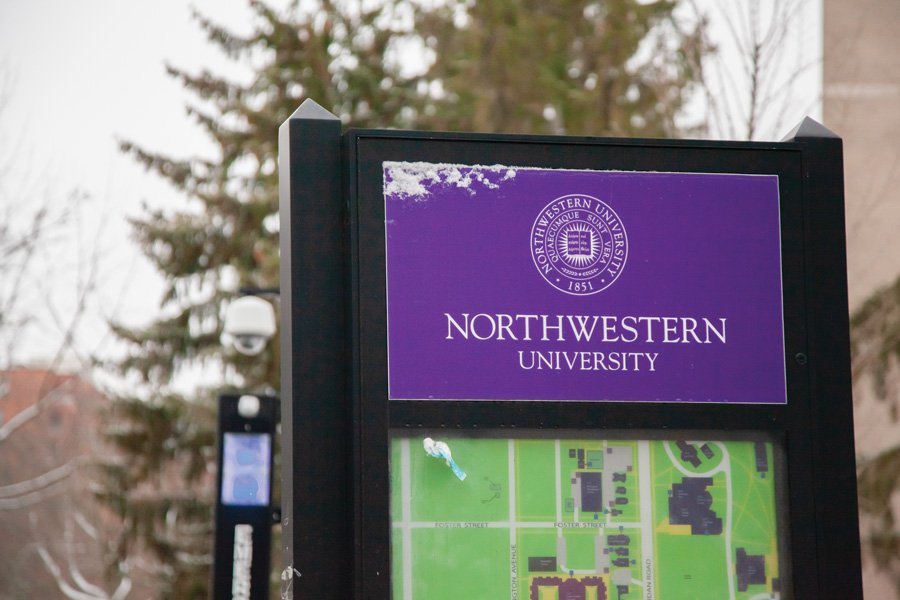Graduate students call for transparency, community engagement in Presidential Search Committee listening forum
Daily file photo by Joshua Hoffman
In a listening forum Tuesday, the Presidential Search Committee heard from grad students on everything from ideal characteristics for candidates to issues with the search process’s transparency.
May 26, 2021
Graduate students expressed opinions and outlooks on the search for University President Morton Schapiro’s successor at a Tuesday listening forum.
The event was held as a Zoom webinar where registered participants could occasionally present questions and concerns to a panel of representatives from the Presidential Search Committee and occasionally receive responses.
Ph.D. student Ally Reith said that an ideal president would foster engagement, clarity and openness across the community, and she emphasized the need for those same qualities to be present in the search process.
“We’re hungry for transparency,” Reith said. “I’m appreciative that we have this listening forum in order to share our feedback, and I would really love if, in the spirit of transparency, there (was) more of a visible commitment to keeping meeting notes public and involving campus groups even later in the process.”
Many of the grad students pointed out the qualities said they’d like to see in a future university president. Other attendees called for increased accountability and openness.
Ph.D. student Nathan Lamp said it’s important for the future president to value engagement and work closely with communities on campus.
“I’d like to see a president who’s really attuned to helping those organizations on campus that are striving to create a more equitable, more just, and a more fair environment on campus,” Lamp said.
Ph.D. student Sarah Peko-Spicer pointed out that there isn’t enough diversity of voices in the search committee, which consists mostly of members of the Board of Trustees along with some faculty, staff, students, and alumni.
In her view, the Board, in the majority on the committee, is too disconnected from the issues and stakeholders on campus to lead a committee with such an important job, Peko-Spicer said.
“The very people who are having the most difficult experiences at this campus — who are being most impacted by campus policies and what presidents choose to do — are not well represented on this committee,” Peko-Spicer said.
However, Peter Barris, who chairs the committee, pushed back on that criticism, saying that selecting the next university president is the Board’s biggest responsibility.
Barris said it makes sense that the Board would have the most representation, and there isn’t a reason for the committee to include more members from other corners of the Northwestern community.
“Most universities, as far as we can tell — and we’ve talked to many who have conducted searches at peer institutions — do not include folks outside of the trustees in the search committee,” Barris said. “So, we’re, in fact, more expansive.”
Reith said she worried that the forum was not as constructive as she thought it should have been. When moderators called for any final questions or concerns, some attendees wanted to speak again and expressed their intentions to do so in the Zoom chat. Instead, Reith said, the meeting was adjourned.
Still, Reith said she values opportunities to tell the committee what matters to her and her peers in this process.
“I’m hopeful that we can maybe ask questions or make demands of them that are very concrete and can’t be just waved away, like they often are with committees and task forces and Boards and such,” she said.
Email: [email protected]
Twitter: @joshdperry
Related Stories:
— Faculty, students react to search committee for next University president
—Board of Trustees announces 36-member search committee for next University president


